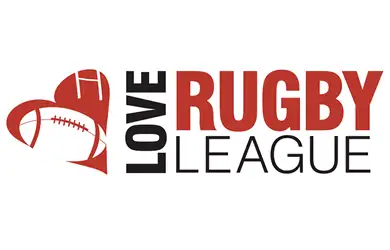Trial by television

Supporters and those involved in the game are quick to complain about the lack of interest in rugby league. But given our failure to market our product properly on television should we be surprised?
The sport’s current television offering appears, at times, to be almost apologetic in its nature.
It is as if broadcasters accept that viewers would much rather watch repeats of Doctors or Aerobics – Oz Style (wouldn’t we all…) than having to make do with highlights of some blokes running around a field.
The start of a new Super League season was a chance for the BBC and Sky Sports to breathe new life into their coverage but the opportunity has been missed. The same tired formats have been preserved and rugby league programming continues to pale in comparison with the coverage afforded to several other sports.
Both Boots n All and The Super League Show have been need of a revamp for some time. This is not a criticism of the presenters or pundits, all of whom can make valuable contributions. But the traditional style of presenter plus supporting cast of two or three former players is bland and outdated.
The main anchors, Eddie Hemmings and Harry Gration have served the game with distinction but a move to a panel of presenters, supported by a larger, more varied number of guests is needed.
Rugby league is far from short of interesting characters. Phil Clarke has his detractors but provides good analysis, Barrie McDermott combines humour and honesty while people like Ellery Hanley and Garry Schofield have the aura and opinions to shine on television.
And what of the current crop of players? Programme makers and rugby league as a whole are guilty of missing a trick here too. On the rare occasions players do appear it tends to be the same handful of faces with predictable viewpoints. These are not only the pople most in tune with the game today but those who ultimately put bums on seats.
The lack of interaction with viewers is also puzzling. Reading a handful of emails out each week is a lacklustre attempt at engaging with supporters. A live studio audience would certainly spice things up. Perhaps a roadshow style programme could provide the answer? Modern technology would certainly allow for recordings to take place in stadiums and studios around the country.
We are entering a critical period in the future of rugby league television, with the current Super League and Challenge Cup deals set to finish this year.
The RFL Chairman Richard Lewis recently predicted “the most intense and competitive bidding process” ever, revealing that ESPN were interested in acquiring the rights and that there was also plenty of interest in the Challenge Cup.
Hopefully, this level of competition will lead broadcasters to significantly strengthen their efforts. It would be foolish to assume that ESPN, or anybody else who enters the race, will prove to be the knight in shining armour.
But this process presents the sport with a fantastic opportunity. The RFL will hopefully not only sign a deal that provides great financial reward, but one that can increase awareness of the game and ensure that our game is given the treatment it deserves by broadcasters.
Do you agree that rugby league on television is in need of an overhaul? What changes would you make given the choice? Let us know your comments below.